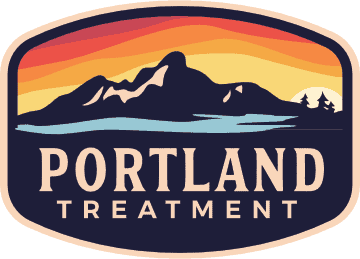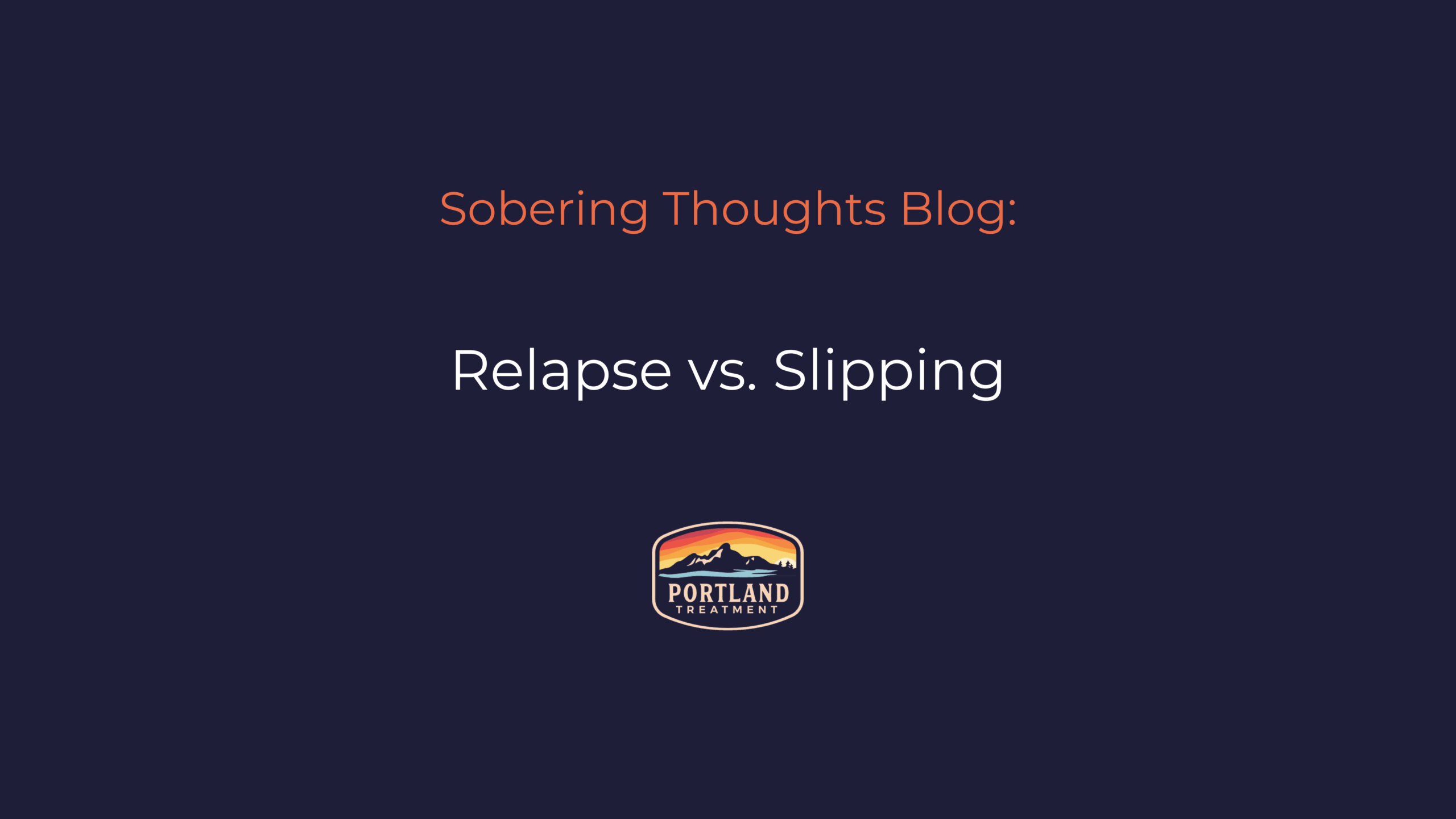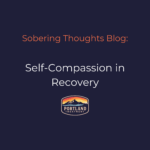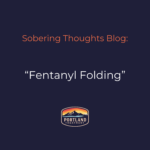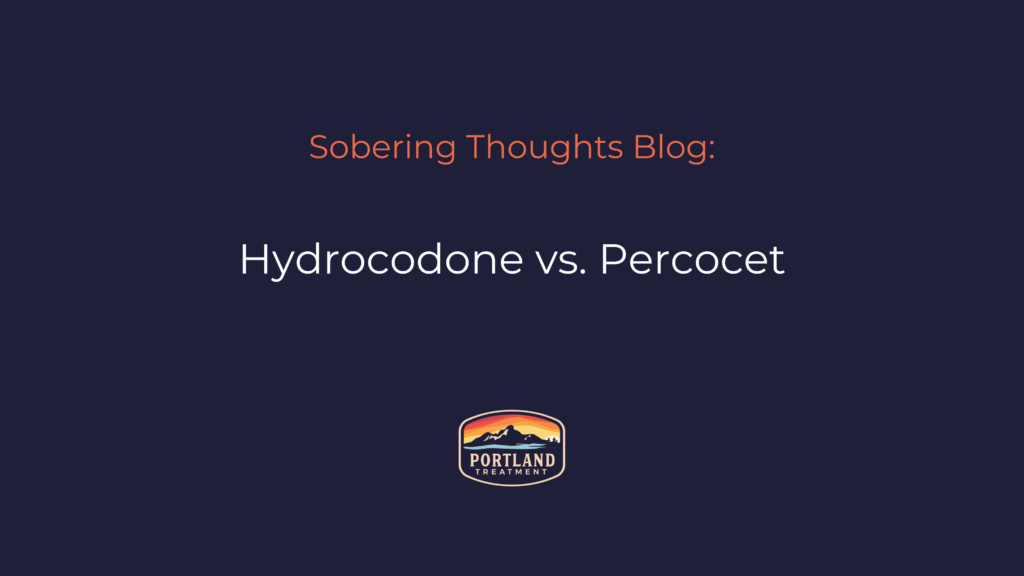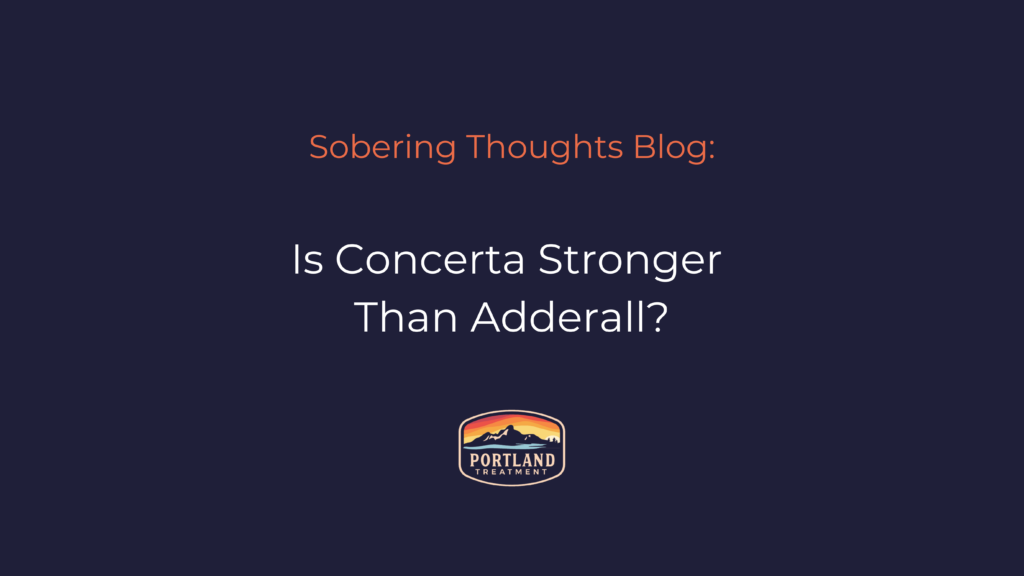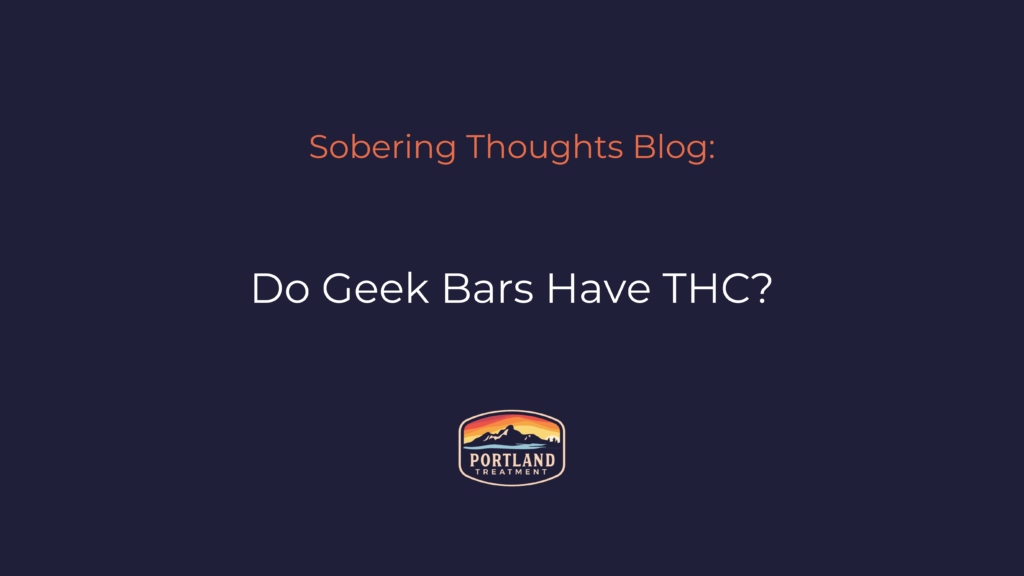Relapse is one of the most misunderstood parts of recovery. Many people think relapse happens the moment a person uses again—but clinically, that’s not accurate.Most relapses begin weeks or even months before any physical use occurs. At Portland Treatment in Biddeford, Maine, clients learn that a single slip doesn’t have to undo their progress. By …
Relapse is one of the most misunderstood parts of recovery. Many people think relapse happens the moment a person uses again—but clinically, that’s not accurate.
Most relapses begin weeks or even months before any physical use occurs.
At Portland Treatment in Biddeford, Maine, clients learn that a single slip doesn’t have to undo their progress. By understanding the difference between a lapse, a slip, and a full relapse, individuals can spot early warning signs and respond with support—not shame.
Understanding the Difference: Slip vs. Relapse
- Slip (or lapse): A brief return to substance use, followed by immediate regret and re-engagement in recovery efforts.
- Relapse: A sustained return to the old pattern of use, often accompanied by denial, secrecy, or abandonment of recovery supports.
A slip is a momentary stumble; relapse is falling back into the same hole without reaching for help. Recognizing this difference allows people to take corrective action before the brain’s old habits fully reactivate.
The Relapse Process: Emotional → Mental → Physical
Addiction experts identify three stages of relapse (Marlatt & Donovan, 2005):
- Emotional Relapse:
You’re not consciously thinking about using, but emotional exhaustion builds. Warning signs include isolation, poor self-care, irritability, and bottling up feelings. - Mental Relapse:
You start romanticizing past use, justifying “one drink” or imagining control. This tug-of-war between desire and discipline can last hours or weeks. - Physical Relapse:
Substance use occurs. Without support, this can spiral into ongoing use—but when addressed early, it can become a valuable learning point.
Common Relapse Warning Signs
Relapse warning signs often mimic stress symptoms, which is why many people miss them until it’s too late. Be mindful of:
- Withdrawing from friends or support groups
- Skipping therapy sessions or meetings
- Neglecting nutrition, hygiene, or sleep
- Fantasizing about “just one more time”
- Reconnecting with people or places linked to past use
- Feeling hopeless, resentful, or overconfident about staying sober
At Portland Treatment, we teach clients to track these subtle shifts in emotion and behavior using structured relapse-prevention planning and DBT skills for emotional regulation.
Why Slipping Doesn’t Mean Starting Over
A slip doesn’t erase progress—it’s data. The brain is relearning balance, and setbacks are part of the process. What matters is how quickly you return to safety and connection.
Instead of hiding in shame, acknowledging a slip can deepen accountability. Portland Treatment’s clinicians help clients turn those moments into growth opportunities using compassionate relapse debriefs and individualized coping plans.
How Portland Treatment Helps Prevent Relapse
Our team focuses on skills that replace shame with strategy:
- Relapse prevention groups: Identify triggers, high-risk situations, and exit plans.
- Medical Detox: Referrals when needed
- PHP and IOP programming
- Mindfulness-based CBT: Strengthen awareness before impulses build.
- Aftercare & Alumni programs: Maintain accountability beyond discharge.
- Family therapy: Repair communication patterns that may trigger stress or secrecy.
By reframing relapse as information, not failure, clients learn how to stay ahead of cravings and reinforce resilience over time.
The Takeaway
Recovery isn’t measured by perfection—it’s measured by persistence.
Whether it’s a slip, a lapse, or a full relapse, the next decision you make matters most.
At Portland Treatment in Biddeford, Maine, every client learns that progress doesn’t disappear overnight—and that asking for help early is a sign of strength, not defeat.
Frequently Asked Questions
What’s the main difference between a slip and a relapse?
A slip is a single use followed by immediate regret and recommitment to recovery, while relapse is a sustained return to old behaviors and mindset. Recognizing that distinction helps prevent shame from fueling further use.
Are relapse and withdrawal connected?
Yes. Stress, sleep disruption, and post-acute withdrawal symptoms can all increase vulnerability to relapse. Portland Treatment helps clients manage these physical and psychological triggers through holistic support.
How can therapy prevent relapse?
Therapies like CBT, DBT, and mindfulness strengthen awareness of emotional relapse before it becomes physical. These tools help clients interrupt negative thought loops and replace them with coping skills.
What should I do immediately after a slip?
Reach out to your therapist, sponsor, or treatment team. Honesty is the fastest way to stop a lapse from becoming relapse. Portland Treatment provides relapse-response coaching and aftercare sessions for exactly this purpose.
How common is relapse in addiction recovery?
According to the National Institute on Drug Abuse, relapse rates are similar to other chronic conditions—about 40–60%. With proper support and relapse-prevention strategies, long-term recovery remains absolutely achievable.
Sources
American Psychological Association. (2019). Relapse prevention: Understanding the process of relapse. APA.org. Retrieved from https://www.apa.org/monitor/2019/04/relapse-prevention
Hazelden Betty Ford Foundation. (2023, August 2). Understanding relapse and how to prevent it. HazeldenBettyFord.org. Retrieved from https://www.hazeldenbettyford.org/articles/understanding-relapse
Marlatt, G. A., & Donovan, D. M. (2005). Relapse prevention: Maintenance strategies in the treatment of addictive behaviors (2nd ed.). New York, NY: Guilford Press.
National Institute on Drug Abuse. (2024). The science of relapse and recovery. NIDA.nih.gov. Retrieved from https://nida.nih.gov/publications/drugfacts/treatment-approaches-drug-addiction
Substance Abuse and Mental Health Services Administration. (2023). Relapse prevention and recovery support. SAMHSA.gov. Retrieved from https://www.samhsa.gov/find-help/recovery
